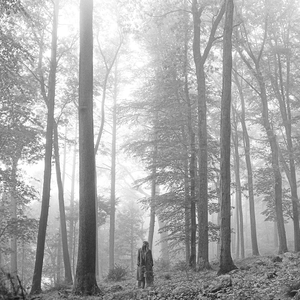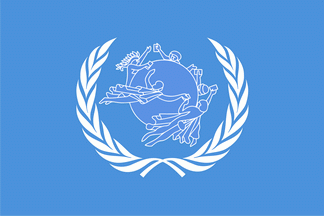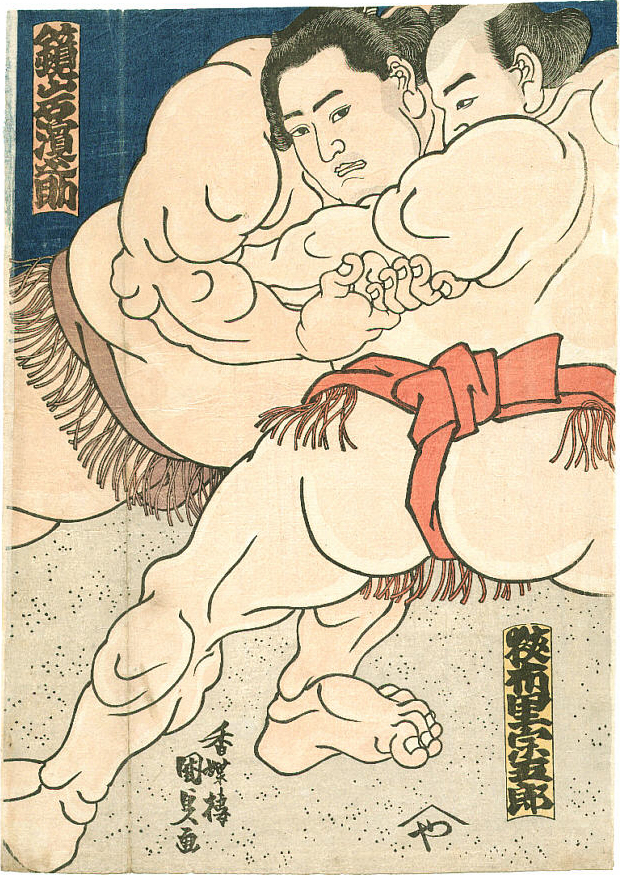Maxi Cards: Steinstossen (Switzerland 1981)
Steinstossen (Switzerland 1981)
04 May (Switzerland ) within release Europa (C.E.P.T.) goes into circulation Maxi Cards Steinstossen face value 80 Swiss centime
| Maxi Cards Steinstossen in catalogues | |
|---|---|
| Michel: | Mi:CH MK1198 |
Maxi Cards is square format.
Also in the issue Europa (C.E.P.T.):
- Maxi Cards - Folkloristic Dancing face value 40;
- Maxi Cards - Steinstossen face value 80;
|
Data entry completed
50%
|
|
|---|---|
| Maxi Cards Steinstossen in digits | |
| Country: | Switzerland |
| Date: | 1981-05-04 |
| Print: | Unknown |
| Emission: | Commemorative |
| Format: | Maxi Cards |
| Face Value: | 80 Swiss centime |
Maxi Cards Steinstossen it reflects the thematic directions:
The European Conference of Postal and Telecommunications Administrations (CEPT) was established on June 26, 1959, as a coordinating body for European state telecommunications and postal organizations. The acronym comes from the French version of its name Conférence européenne des administrations des postes et des télécommunications.
The Europa postage stamp (also known as Europa - CEPT until 1992) is an annual joint issue of stamps with a common design or theme by postal administrations of member countries of the European Communities (1956-1959), the European Conference of Postal and Telecommunications Administrations (CEPT) from 1960 to 1992, and the PostEurop Association since 1993. Europe is the central theme. EUROPA stamps underlines cooperation in the posts domain, taking into account promotion of philately. They also build awareness of the common roots, culture and history of Europe and its common goals. As such, EUROPA stamp issues are among the most collected and most popular stamps in the world. Since the first issue in 1956, EUROPA stamps have been a tangible symbol of Europe’s desire for closer integration and cooperation.
Folklore is the body of expressive culture shared by a particular group of people; it encompasses the traditions common to that culture, subculture or group. These include oral traditions such as tales, proverbs and jokes. They include material culture, ranging from traditional building styles to handmade toys common to the group. Folklore also includes customary lore, the forms and rituals of celebrations such as Christmas and weddings, folk dances and initiation rites. Each one of these, either singly or in combination, is considered a folklore artifact. Just as essential as the form, folklore also encompasses the transmission of these artifacts from one region to another or from one generation to the next. For folklore is not taught in a formal school curriculum or studied in the fine arts. Instead these traditions are passed along informally from one individual to another either through verbal instruction or demonstration. The academic study of folklore is called folkloristics.
Sports, are all usually forms of competitive physical activity or games which, through casual or organised participation, aim to use, maintain or improve physical ability and skills while providing enjoyment to participants, and in some cases, entertainment for spectators. Usually the contest or game is between two sides, each attempting to exceed the other. Some sports allow a tie game; others provide tie-breaking methods, to ensure one winner and one loser. A number of such two-sided contests may be arranged in a tournament producing a champion. Many sports leagues make an annual champion by arranging games in a regular sports season, followed in some cases by playoffs. Hundreds of sports exist, from those between single contestants, through to those with hundreds of simultaneous participants, either in teams or competing as individuals. In certain sports such as racing, many contestants may compete, each against each other, with one winner.





